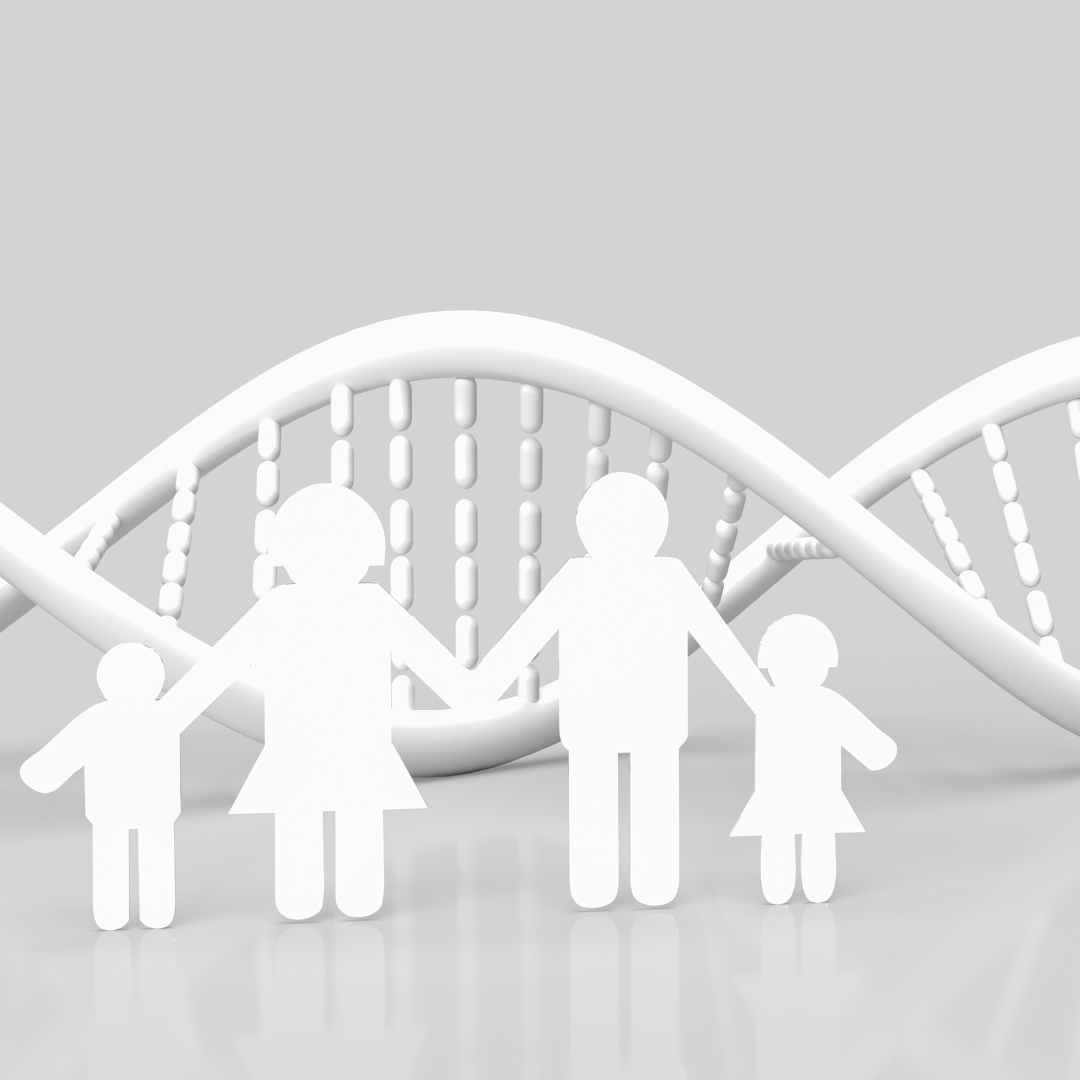
Itchy skin is the worst, and there are many causes of itchy skin. It’s difficult to treat this uncomfortable sensation if you aren’t sure what’s causing it. Almost everyone has experienced an itch begging to be scratched at some point. Though this condition may seem harmless, it is very uncomfortable, especially when you cannot find relief.
Some people have chronically itchy skin, and those people are determined to discover the potential causes of itchy skin. Sometimes, the more you rub or scratch the area, the itchier it gets. It can be aggravating and stressful to break this itch-scratch cycle.
Itchy skin is scientifically dubbed as pruritus. The most pervasive reason for an itch is a rash due to a bug bite. However, it is also common to have intensely itching skin yet see no marks. Unfortunately, repeated scratching can cause damage to the skin. Some areas may even bleed or become infected. Keep on reading to see what may be causing your itch and how to find relief. Below are 8 causes of itchy skin that could be causing your perpetual itch.
1. Extremely Dry Skin
Some people experience extremely dry skin, which can be very itchy. When your skin is dry, it looks very scaly in appearance, like barren land that’s stricken with drought. This is due to the lack of moisture in your skin. Notably, dry skin is not always related to an underlying health condition. More often, this condition isn’t serious, and the following factors typically cause dryness:
- Extremely hot or cold weather
- Very low moisture in the air
- Soaking or bathing in hot water for too long
- Using harsh soaps and detergents
- Frequently swimming in chlorinated pools
Thankfully, you can do a lot to improve dry skin, such as using ultra-hydrating lotions, avoiding harsh soaps, and using lukewarm water. In addition, extra virgin coconut oil is very emollient and effective for dry skin, especially since it’s organic and doesn’t contain harsh chemicals. However, if dry skin is severe and persists, you need to see a dermatologist or skin specialist to check for the underlying issue and find long-term relief.

2. Bug Bites
The most common bites that cause itchiness are mosquito and ant bites. Once bitten, there may be a raised bump on the skin, which feels very itchy. Fortunately, the itch from these types of bug bites goes away quickly, even if you don’t do anything. Just make sure you kill the source so they won’t come back.
However, you will experience a long term itch every night if bed bugs live in your mattress. These nocturnal pests can be tricky to catch because they are in the crevices of your bed. You may need a professional exterminator, especially if you have a severe bed bug infestation. They multiply rapidly. Unlike popular belief, they don’t just infiltrate the bed but they can hide in the following:
- Curtains
- Furniture
- Baseboards
- Carpets
- Clothing
Similarly, lice on your head will cause an unbearably itchy scalp. This is especially common in children, and they readily pass this onto each other. All it takes is one louse on your head to make the itch spread like wildfire. These bugs tend to multiply fast, so go and buy an OTC pegulicide or lice killer shampoo. Use a fine comb to get the eggs and dead lice off your head.
The worst offender for bug bites is scabies because these Sarcoptes scabies mites burrow under your skin and feed off on you. The result is severe itchiness with a pimple-like rash. What’s worse is this is highly contagious, and you can pass it to others.
To treat the scabies rash, you must get a scabicide prescription from your doctor. On top of that, you have to wash bedding, clothes, and towels to get rid of the mites that may have lodged on these materials. Scabies do not survive more than three days when away from human skin. So if you fear an infestation in your home, speak to a professional pest control service, too.
3. Genetic Skin Conditions that Cause Itching
Often you will experience an itchy skin condition due to severe skin disorders. Some like psoriasis are genetic in nature. Meanwhile, others like ringworms or chickenpox are considered acquired skin diseases. Examples of these common itchy skin conditions are:
- Atopic dermatitis
- Hives
- Chickenpox
- Eczema
- Folliculitis
- Hand-foot-and-mouth disease
- Psoriasis
- Ringworm
- Psoriasis
- Seborrheic dermatitis
These conditions result in unbearable itching, so you must see a specialist. Common treatments include medicated creams like corticosteroids, antibacterial ointment, or antifungal creams. Apart from that, moist dressings and anti-itch oral medications are dispensed for severe cases. The key to addressing the itch is to follow your doctor’s prescription.
4. Underlying Health Conditions
The itchy feeling should not distract you from your daily routine or prevent you from sleeping. However, you must also assess if it comes with other signs like weight loss, night sweats, and fever. Suppose your condition persists after seeing a dermatologist. In that case, you may also need to see an internist or internal medicine specialist so you can be evaluated for other diseases that may be the root cause of the skin problem.
Sever long-standing itch can be a symptom of several diseases such as:
- Kidney disease
- Diabetes
- Liver disease
- HIV
- Overactive thyroid glands
To illustrate, people with signs of liver disease like hepatitis C or cirrhosis feel an intense itch on their palms and soles. Later on, it spreads to other parts of the body. In this instance, getting an accurate diagnosis via labworks is the only way to get to the root of the problem. Anti-itch creams will only provide temporary relief until you get the primary health concern treated.
5. Allergies
Apart from anaphylaxis or lung asthma, allergies can manifest in the skin resulting in hives. For example, you can be allergic to products that contain nickel, skincare or haircare products, certain foods, or even latex. If you are allergic to a particular item, you will develop a rash and feel an uncontrollable itch.
A dermatologist will usually prescribe steroidal creams to alleviate the skin rash, anti-itch creams, or an oral antihistamine. However, continued exposure to the allergen will make things worse, so beware! Sometimes, it can be difficult to figure out the exact source of the allergy, so your dermatologist will recommend an allergist to do an allergy test to find out your triggers.

6. Advanced Age
As people age, the skin transforms, too. If you are 65 or older, your skin becomes thinner and produces less moisture. That’s a natural part of the ageing process and is typical with the progression of life. However, this can result in unbearably dry and itchy skin. If you want to stop the itch, be sure to do the following:
- Use moisturizers intended for severely dry skin
- Don’t take hot showers but use lukewarm water
- Drink lots of water to keep dehydration and dry skin at bay
- Take multivitamins, so your skin gets the nourishment it needs
- Wear sunblock where ever you go, even if it is cloudy
7. Certain Medications Cause Itching as a Side Effect
The itchy sensation you feel may be an adverse reaction to certain medications you take, or a common side effect. For example, the following medications can cause an unbearable itch:
- Aspirin
- Strong pain relievers
- Some hypertensive drugs
- Certain cancer treatments
- Some ADHD medications such as Dexedrine
If you feel these while taking maintenance or treatment medications, you must speak with your physician about the side effects. If the itch is intolerable, your doctor can recommend alternative therapies. However, if the medication is necessary, you may also be given supportive skin treatments to keep your itch at bay.
8. Nerve Issues
When your nerves don’t function correctly, it can result in itchy skin. Nerves can get damaged due to injuries or certain diseases. The manifestation of this itch is that it usually occurs in the same spot, and it doesn’t have a rash. Examples of diseases that can result in an itch are:
- Stroke
- Multiple sclerosis
- Shingles
Long-standing itching can adversely impact your quality of life because it is uncomfortable and irritating. It can impede your productivity as it causes a major distraction and affects your concentration. It can even disrupt your sleeping patterns, which can bog down your immunity and make you prone to sickness.
If you cannot figure out what’s making you itch, a dermatologist can certainly help. You can also consider doing a home testing kit like CircleDNA. The test results will reveal which genetic skin conditions you might be prone to, as well as genetic drug responses you’re likely to have.
When you’re armed with the right knowledge, you can make better choices and figure out the root cause of all your discomfort, including your itching skin.






